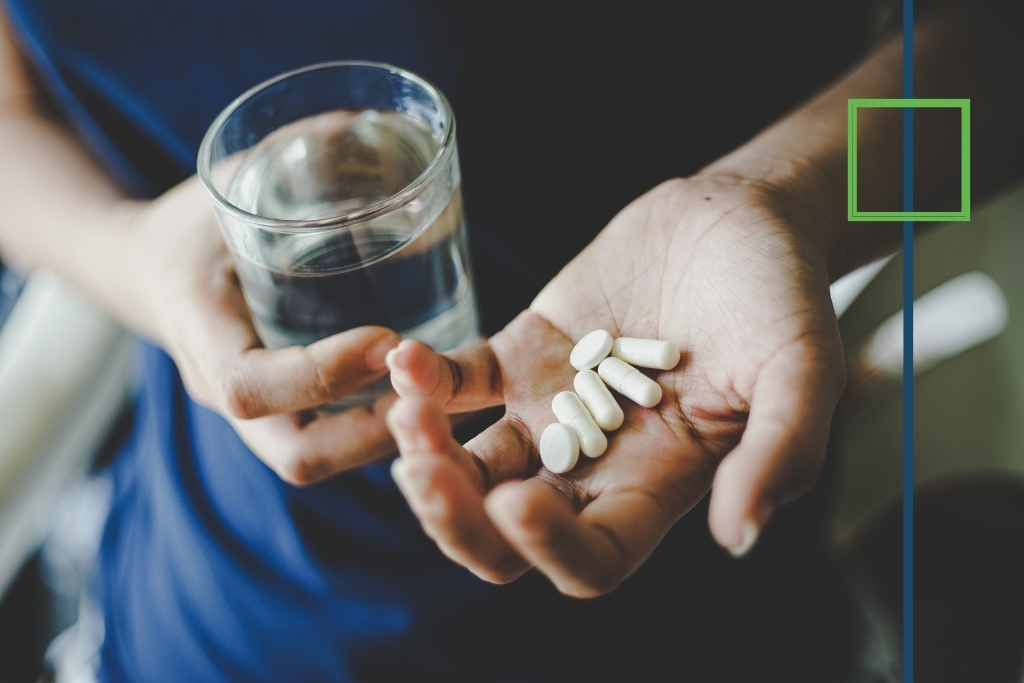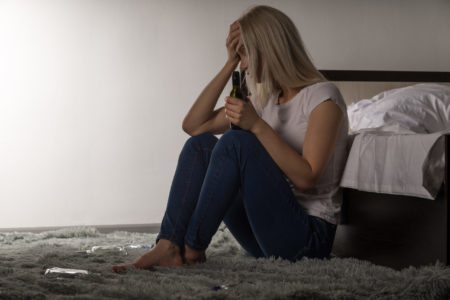Get a free mental health assessment and find out what treatment options are most suitable for you. Depending on the extent of secondary behavioral disorders such as addiction we can first help assess your condition and thereafter guide you to suitable treatment options.
Whether it’s substance Abuse or experimentation, it is vital for users and loved ones alike to understand the various stages. Using a substance does not always lead to an addiction. However, overuse, social pressures, and other factors could lead to one becoming physically and psychologically dependent on a drug or substance.
Globally, The United Nations Office on Drugs and Crime (UNODC) [1] estimates that between 155 and 250 million people, or 3.5% to 5.7% of the population aged 15-64, had used illicit substances at least once in the previous year. In 2018, an estimated 164.8 million people aged 12 or older in the United States (60.2 percent) were past-month substance users. This is according to the Substance Abuse and Mental Health Service Administration [2].

Reasons Why People Experiment With Drugs
Experimentation is the voluntary use of drugs without experiencing any negative social or legal consequences. Experimenting may occur once or several times as a way to “have fun” or even to help the individual cope with a problem.
For some, experimentation can happen without any desire to continue using the substance. For others, it can start to become a problem when it moves into substance abuse.
There are a number of reasons individuals try drugs recreationally:
- Boredom or curiosity: Drugs arouse the curiosity of those who view using these substances as a daring or new experience.
- Normalization: Our society and culture have normalized drug use to the point where it’s seen as a common rite of passage, not a potentially life-threatening action.
- Peer pressure: Young adults are the most susceptible to experimenting with drugs if they think everyone in their peer group is doing it. They’re afraid of not being accepted by others.
- Pushing boundaries: Substances, especially alcohol, are often viewed as a way to rebel against parents or authority.
- To feel good: People who struggle with underlying mental health problems, such as anxiety or depression. These individuals sometimes experiment with substance use to self-medicate.
Dangerous Effects of Substance Experimentation
There comes a point in the lives of many people, especially young adults when they consider experimenting with drugs and alcohol. Many people who experiment don’t expect to develop drug addiction or alcohol abuse. They assume “it won’t happen to me,” but it does.
A lot of people assume that experimentation with drugs or alcohol is just a normal part of life – a phase that most people go through. That can be true, but it isn’t always the case and can eventually lead to addiction.
Drug use is an activity that comes with dangerous effects and potential risks, such as:
- Injury or accident: There’s no way to predict how your body will react to certain drugs. Seizure, overdose, and respiratory disease are just several of the critical injuries that can have life-threatening consequences.
- Repeat use: Drugs release neurochemicals from your brain throughout your body. These effects may seem to relieve emotional and physical problems. Because of this, you may feel forced to repeat the substance use over and over. Quickly driving you down the road to addiction.
- Impact on brain development: Experimentation is more common among young adults. However, substance use can have a severe impact on the development of the brains and bodies of the person, such as cognitive damage.
- Contributes to risky behavior: Substance use frequently occurs with other risky behavior, like driving under the influence or having unprotected sex.
- Health problems: Experimentation usually gives way to long-term substance abuse, which can add to a variety of health problems, including sleep disorders, high blood pressure, and heart disease.
Substance Abuse or Experimentation? Where Does It Lead To?
When does experimentation turn into addiction? Experimentation turns into addiction when one can no longer walk away, and the experiment has turned into a habit. Although it may be a little unrealistic, the most effective way to not become addicted to drugs or alcohol is to not do drugs or drink alcohol. Early education to a loved one on the subject of drugs and alcohol is a good way to not only show them we care. But also to let them know that we are aware of the tempting nature of experimenting with drugs and alcohol.
As some would say, life is all about experimentation. Whether it is with alcohol, drugs, sex, food, or what career path to explore, we must be available to talk and guide our loved ones. Also, don’t be afraid to intervene when and if necessary.
Four Stages of Substance Abuse
Stage 1: Drug Experimentation
Experimentation among adults can occur when changing or expanding social groups or getting a new job with a new work culture that might accept or encourage drug use.
Older people who start to use drugs or drink heavily often do so in response to problems or stressors in their lives, such as losing a spouse or a job.
Stage 2: Regular Use
At this stage, substance use is more common. Individuals may not use it daily. However, there may be a foreseen pattern. For example: using every weekend. Also, individuals may use under the same set of circumstances, such as when bored, lonely, or stressed.
It is crucial at this point to keep an eye out for changes in behavior and mood, shifts in priorities, or early signs of addiction. There might be withdrawal from friends and family. People during this stage may develop personal concerns or feelings of shame for their behavior. However, people continue to justify it or make excuses.

Stage 3: Risky Use
At this stage, the user begins to suffer emotional, physical, legal, or social problems. For example, adults may drink and drive or have problems at work or in their relationships. Teenagers may have bad grades, behavioral problems, a significant change in friends, motor vehicle crashes, or speeding tickets.
Stage 4: Drug Addiction and Chemical Dependencies
At this stage, substance use is out of control and compulsive. Addiction is a medical condition involving physical changes and psychological from repeated heavy alcohol use, other drugs, or both. The primary symptoms of addiction are uncontrollable alcohol or other drug cravings, seeking, and use.
Find the Help You Need
Inpatient medical detox and residential primary addiction treatment may be available at our affiliated facility at Level Up West Palm Beach Rehab. For some primary behavioral health treatment clients, medical detox and or addiction rehab may be required first. If you have a co-occurring severe substance abuse diagnosis, please contact us prior to beginning inpatient mental health therapy. Treatment services may vary. Please call us to learn which treatment options are most suited for your individual needs.
Sources
[1] United Nations Office on Drugs and Crime – https://www.unodc.org/documents/wdr/WDR_2010/2.0_Drug_statistics_and_Trends.pdf
[2] Substance Abuse and Mental Health Service Administration – https://www.samhsa.gov/data/sites/default/files/cbhsq-reports/NSDUHNationalFindingsReport2018/NSDUHNationalFindingsReport2018.pdf